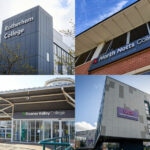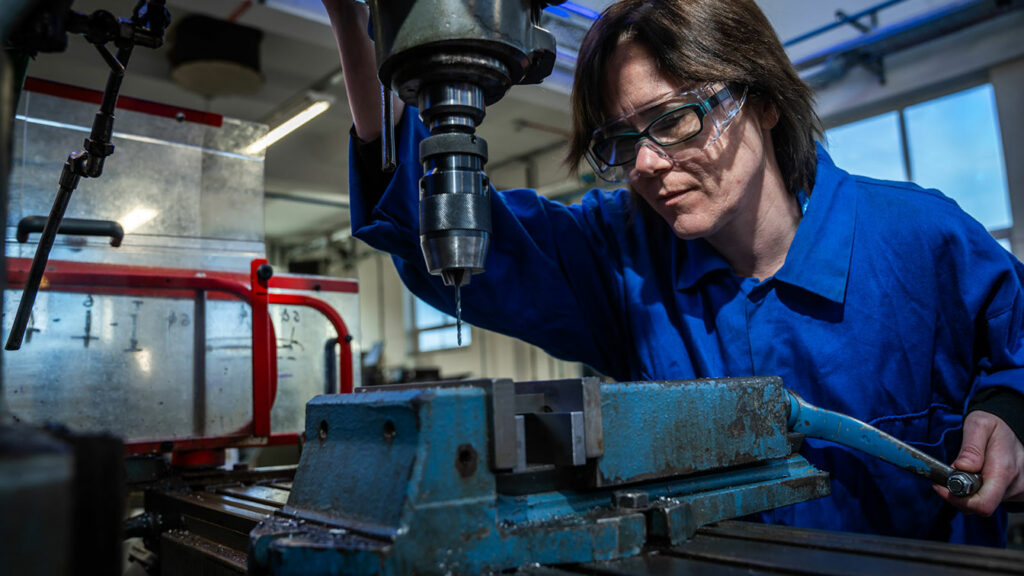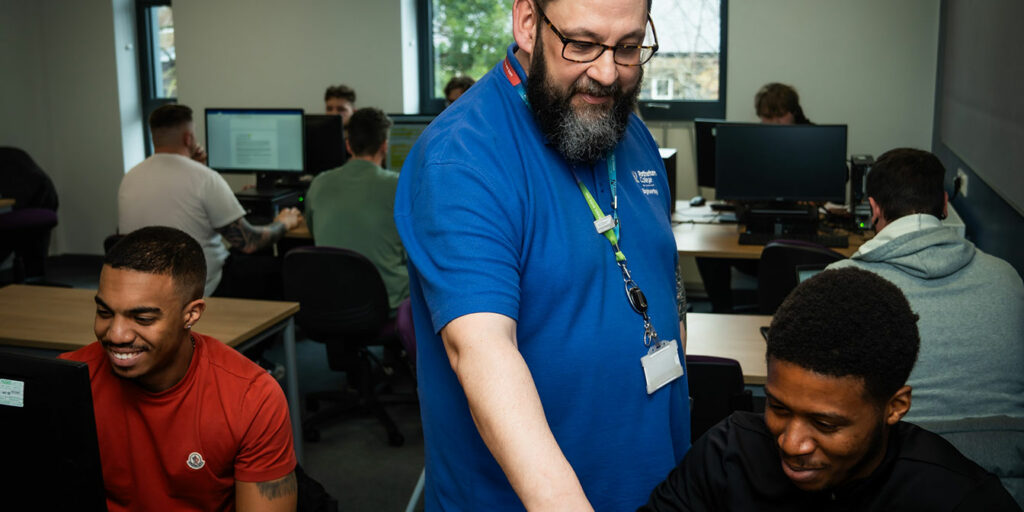Engineering is a discipline that drives technological innovation and addresses critical challenges in industries such as energy, construction, healthcare, and transportation.
Higher education (HE) plays a pivotal role in shaping future engineers by providing a robust foundation in mathematics, science, and design principles while fostering practical problem-solving skills.
Through undergraduate and postgraduate programmes, universities equip students with the expertise needed to design, build, and improve systems, structures, and technologies that enhance quality of life and advance society.
One of the hallmarks of higher education in engineering is its emphasis on combining theoretical learning with hands-on experience. Programmes feature laboratory work, workshops, and collaborative projects that simulate real-world challenges. Students have access to cutting-edge resources such as robotics labs, 3D printers, and computational software, enabling them to experiment with and refine innovative solutions.
Additionally, internships and industrial placements are often integral parts of engineering degrees, offering students the opportunity to work within companies, gain practical experience, and develop professional networks.
Take a look at the courses we offer below
More information about engineering HE courses
Higher education in engineering also fosters interdisciplinary learning, reflecting the interconnected nature of modern engineering challenges.
Programmes often integrate elements of computer science, environmental science, and business management, preparing graduates to address complex problems holistically. For instance, renewable energy engineering requires expertise in mechanical design, electrical systems, and environmental impact assessment.
This interdisciplinary approach not only broadens career opportunities but also equips engineers to contribute to global challenges such as climate change, urbanisation, and sustainable development.
Future careers in engineering with HE qualifications
Engineering is a versatile and ever-evolving field, and higher education qualifications open doors to a wealth of career opportunities across diverse industries. As technology advances and global challenges intensify, engineers play a pivotal role in shaping the future, creating solutions that drive progress and sustainability. Higher education equips graduates with the technical expertise, problem-solving skills, and innovation mindset needed to excel in traditional and emerging engineering roles.
Civil, mechanical and electrical engineering industries
Graduates in civil, mechanical, and electrical engineering can pursue careers in well-established sectors such as construction, manufacturing, and utilities. Civil engineers design and build infrastructure like bridges, roads, and water systems, ensuring they meet safety and sustainability standards. Mechanical engineers work on projects ranging from automotive systems to advanced robotics, while electrical engineers design power systems, telecommunications, and renewable energy technologies. These traditional roles remain in high demand, supported by ongoing infrastructure development and technological innovation.
The aerospace engineering industry
Emerging fields in engineering are creating new and exciting career opportunities for those with higher education qualifications. Aerospace engineering is expanding with advancements in space exploration and commercial aviation, offering roles in spacecraft design, propulsion systems, and flight simulation.
Further roles
Biomedical engineering is revolutionising healthcare, with opportunities to develop medical devices, prosthetics, and diagnostic tools. Similarly, fields like renewable energy, artificial intelligence, and robotics provide cutting-edge roles for engineers addressing global challenges such as climate change, automation, and sustainability.
Beyond technical roles, engineering graduates often find opportunities in leadership, consultancy, and entrepreneurship. Many become project managers, leading multidisciplinary teams to deliver complex projects, or work as consultants, providing expert advice to industries and governments. Others leverage their education to launch start-ups, particularly in areas like green technology or digital innovation. With a focus on lifelong learning and adaptability, higher education ensures engineers are well-prepared for a future of constant change, enabling them to remain at the forefront of technological and societal advancements.
Meet the Tutors

Andrew Jordan
BEng, PGCE
Lecturer

Lee Alexander
BEng Hons, MSc, CEng MIMechE, PGCE
Lecturer










